1. Charles Manson
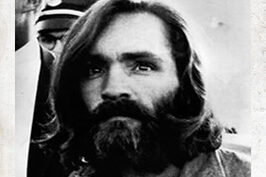
Charles Manson never held public office, but his influence over a group of young followers in the late ’60s sent shockwaves through the country says Vanity Fair. With his eerie charisma and twisted interpretation of music and religion, he convinced people to commit murder in hopes of starting a race war he called “Helter Skelter.”
Manson’s power wasn’t about policy, it was psychological. He didn’t need a campaign or a platform—he had fear, manipulation, and a kind of magnetic energy that drew people in. Even after his arrest, his name became synonymous with evil, and his crimes led to a national reckoning with counterculture and cult behavior. Presidents came and went, but Manson’s legacy haunted the American psyche adds Biography.
2. Jim Jones
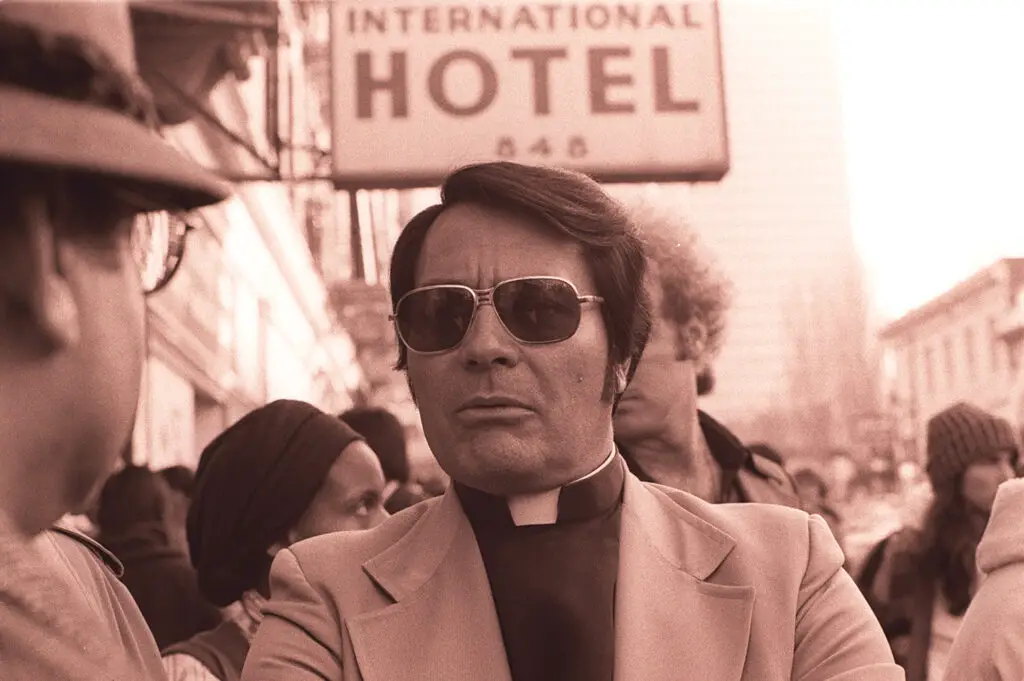
Jim Jones convinced over 900 people to follow him into the jungles of Guyana, where they eventually died in what remains one of the most horrifying mass suicides in history. As the leader of the Peoples Temple, Jones began with progressive ideals before his paranoia and hunger for control took a dark turn shares CNN.
What made him more powerful than many politicians was his ability to inspire unwavering loyalty. Even when he asked his followers to drink poison, many obeyed without question. He manipulated minds with the precision of a skilled strategist, leaving behind a tragedy that forced the government to rethink how it monitors religious groups adds AP News.
3. David Koresh
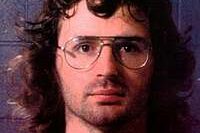
David Koresh led the Branch Davidians in Waco, Texas, where his teachings and lifestyle choices clashed so hard with federal authorities that it led to a deadly siege. Koresh claimed he was the final prophet and had deep biblical knowledge that gave him near-complete authority over his followers.
Despite having no formal power, he became the focal point of national debate on religious freedom, gun control, and government overreach. He shaped public opinion and fear in ways most elected officials never could. The Waco standoff became a symbol of mistrust between citizens and the government, one that still resonates today.
4. Marshall Applewhite

Marshall Applewhite, leader of Heaven’s Gate, convinced his followers that salvation was coming in the form of a spaceship following the Hale-Bopp comet. His mix of sci-fi, New Age beliefs, and strict lifestyle rules drew in intelligent people looking for something beyond Earth.
In 1997, 39 members of the group took their own lives in a chilling act of collective belief. Applewhite’s teachings went viral before going viral was even a thing, and his influence was global. His ability to steer people’s lives—and deaths—left a mark on American culture that’s hard to forget.
5. L. Ron Hubbard
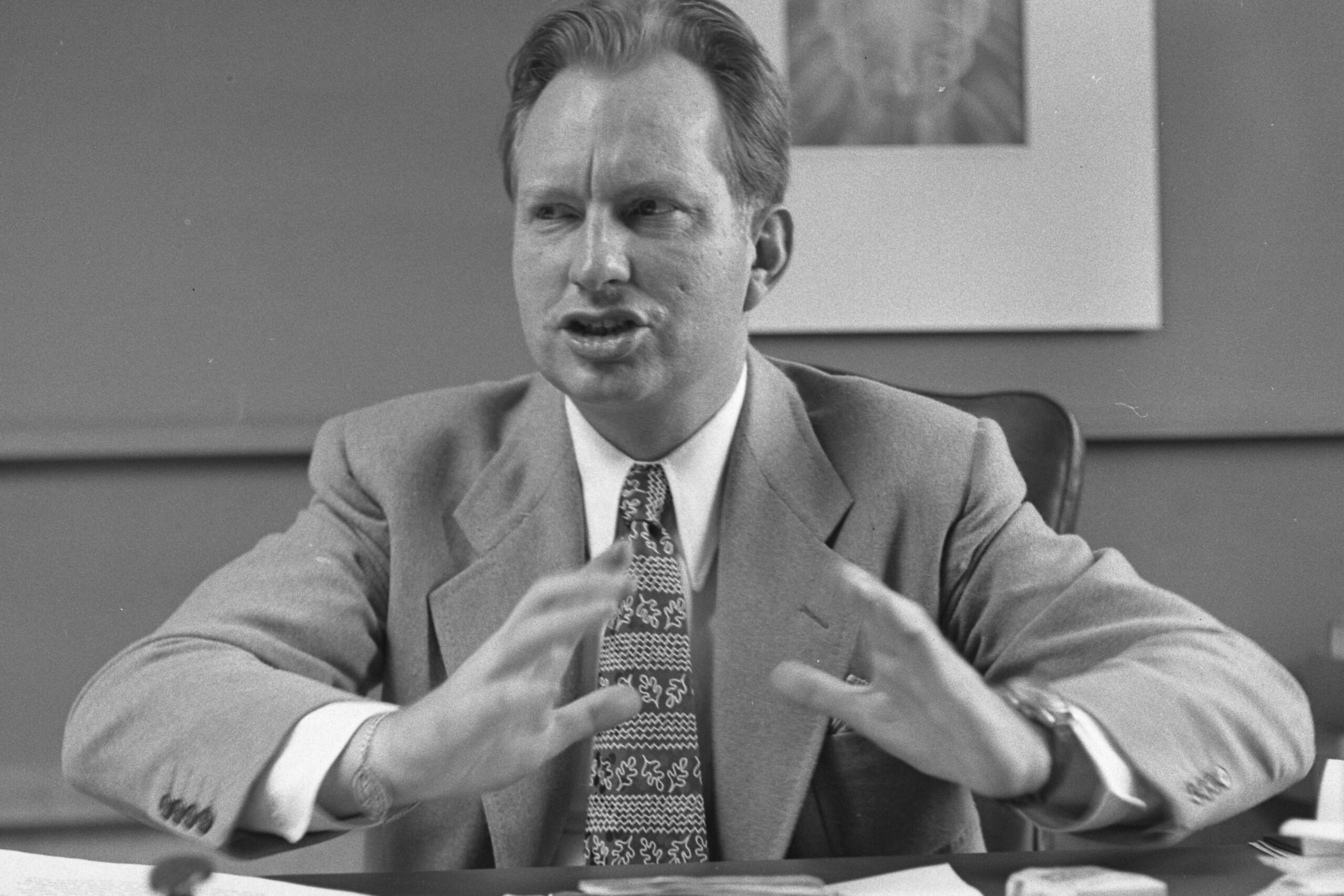
L. Ron Hubbard didn’t just start a cult, he founded Scientology—a movement with celebrity clout and international reach. What began with his book Dianetics quickly turned into an entire belief system, complete with its own language, hierarchy, and tax-exempt status.
Unlike most cult leaders, Hubbard managed to build an empire that still exists today. He understood branding, loyalty, and fear, and used all of them to shape his followers’ lives. His teachings have made their way into Hollywood, courtrooms, and even education systems. That’s the kind of influence politicians only dream of.
6. Warren Jeffs
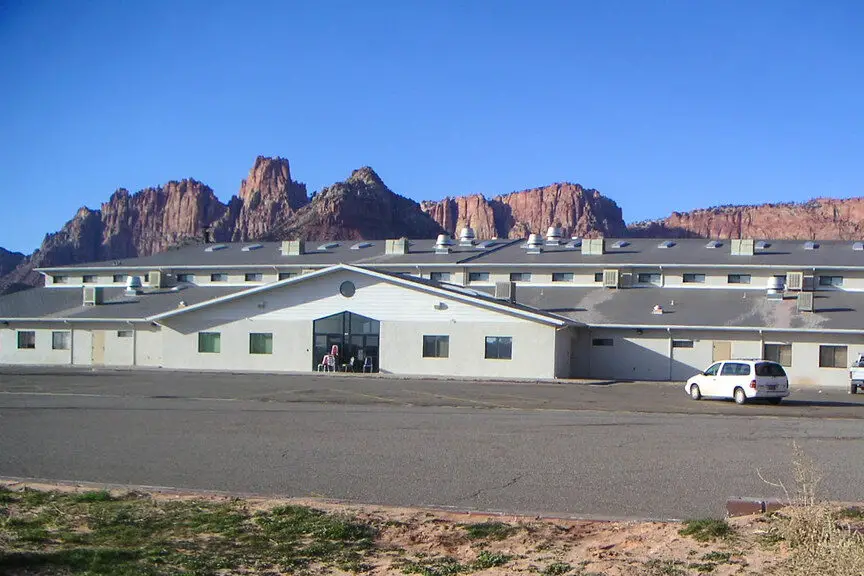
Warren Jeffs took control of the FLDS Church and turned it into a kingdom where he was king, prophet, and judge. His word was law, and he arranged marriages, banished dissenters, and isolated entire communities.
Even from behind bars, Jeffs continued to dictate church policies and lifestyle rules. He wielded more control over his people than most governors have over their states. His grip on his followers’ minds and bodies made headlines for years, and the ripple effects are still being felt in Utah and Arizona.
7. Shoko Asahara

Though Japanese by nationality, Shoko Asahara’s Aum Shinrikyo cult had members and influence in the United States. His 1995 sarin gas attack in the Tokyo subway shocked the world, but his reach had already extended internationally through recruitment and spiritual teachings.
Asahara preached a bizarre mix of Buddhism and apocalyptic Christianity. He had American followers and set up operations in various U.S. cities. His ability to attract intelligent, well-educated disciples and convince them to carry out acts of terror was deeply unsettling. His name became synonymous with how dangerous blind faith can become.
8. Tony Alamo
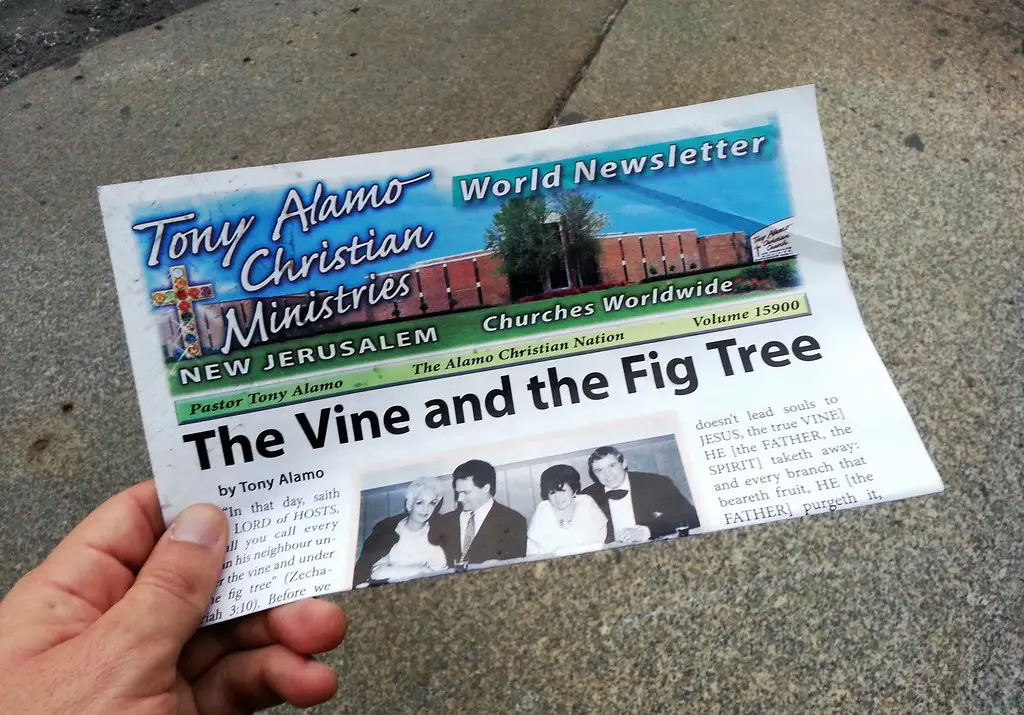
Tony Alamo started as a street preacher in Hollywood and ended up running a religious empire that controlled every aspect of his followers’ lives. He mixed fire-and-brimstone sermons with a touch of rock-star flair, convincing people that he held the truth others feared.
His control over his congregation was all-consuming. Followers worked for free, gave up their belongings, and followed him across the country. Even after multiple legal battles and allegations, his supporters stayed loyal. His influence outlasted many political careers.
9. Elizabeth Clare Prophet
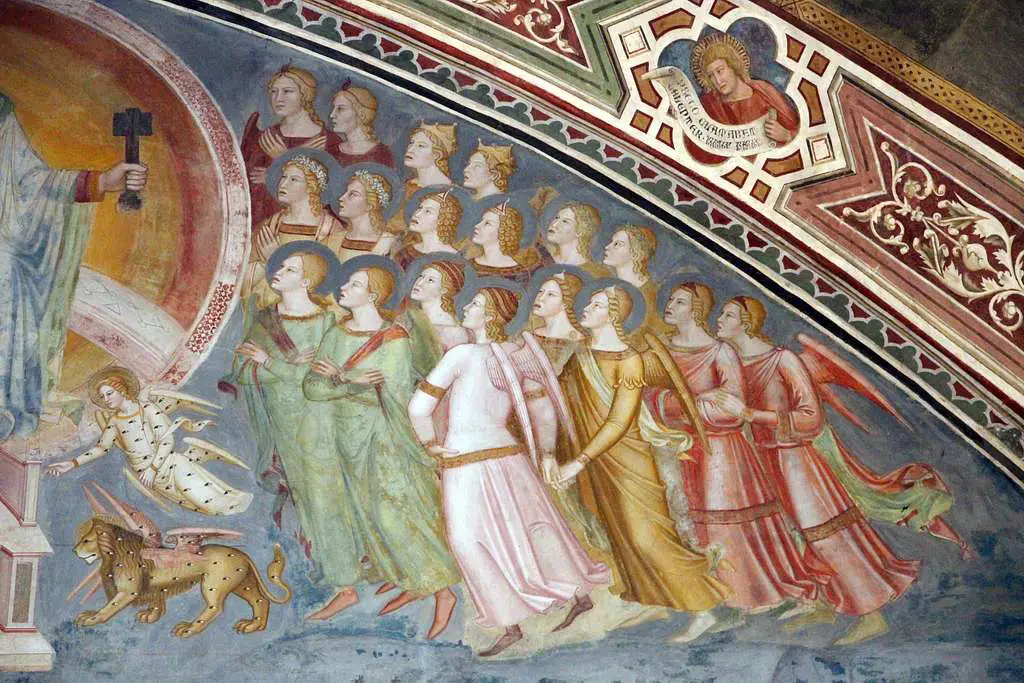
Elizabeth Clare Prophet led the Church Universal and Triumphant, a group that combined Christian teachings with astrology, Eastern religion, and end-times prophecy. She drew thousands to her Montana compound, where followers prepared for nuclear war and stored weapons and food in underground shelters.
She didn’t run for office, but her broadcasts and books reached millions. Her followers treated her words like scripture, and she dictated everything from how they dressed to how they worshipped. The reach of her teachings spanned decades, leaving behind a blueprint for modern spiritual movements.
10. Bhagwan Shree Rajneesh
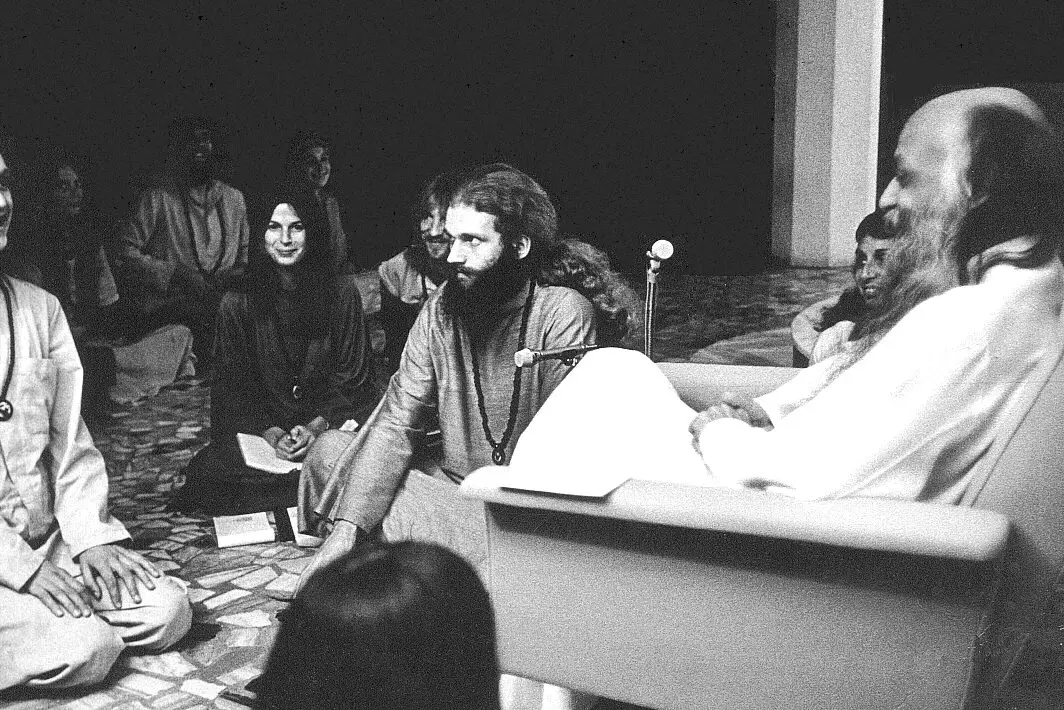
Also known as Osho, Bhagwan Shree Rajneesh attracted thousands of American followers to a commune in Oregon in the 1980s. With his luxurious taste and controversial teachings about free love and spirituality, he stirred up conflict with local authorities and ended up at the center of the largest bioterror attack in U.S. history.
His movement was more organized and global than many realized. He was a master manipulator who used charm and intellect to control both minds and money. His legacy includes a Netflix documentary and continued spiritual teachings that still draw followers today.
11. Gwen Shamblin Lara
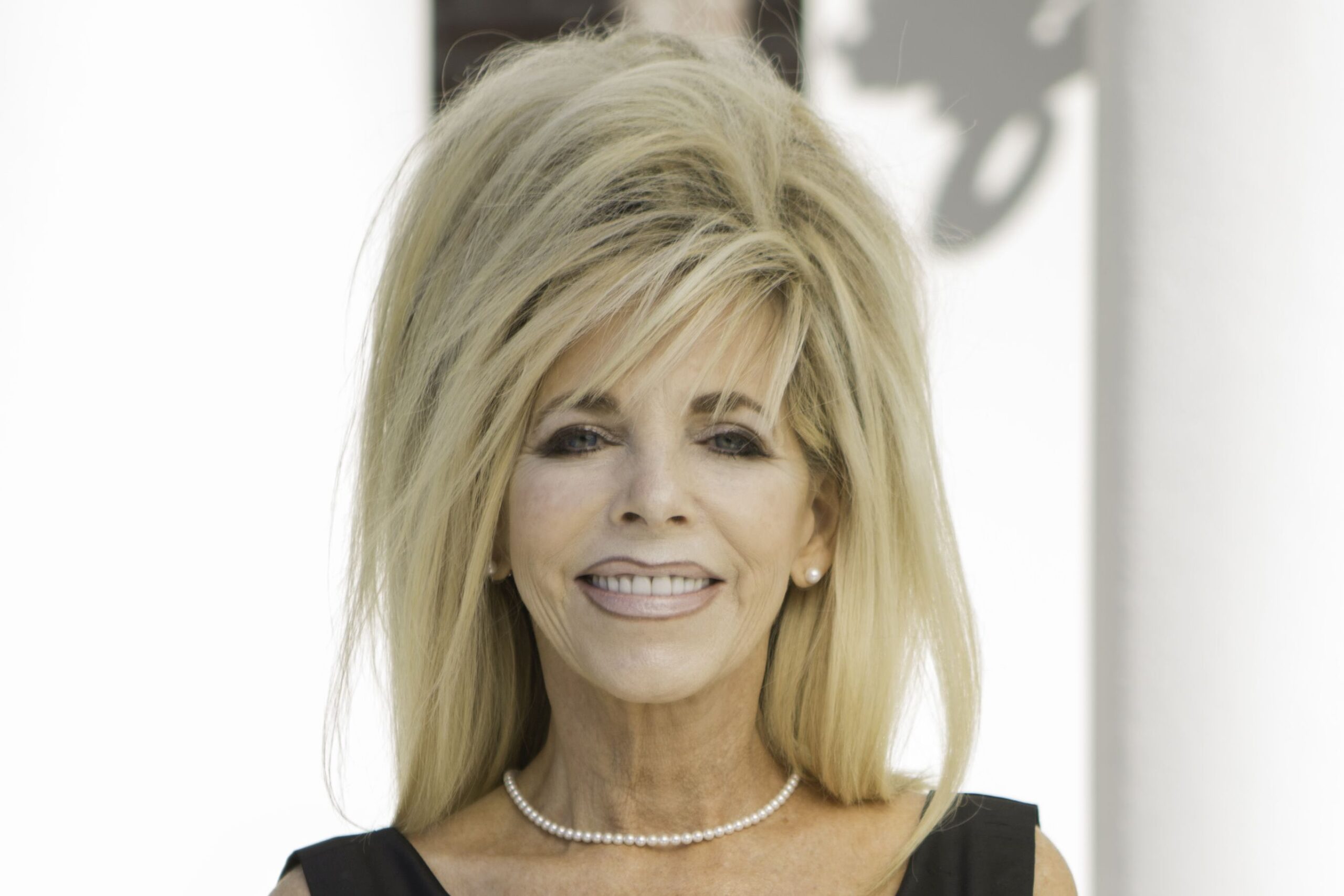
Gwen Shamblin Lara founded the Weigh Down Workshop and the Remnant Fellowship Church, mixing weight loss advice with strict Christian doctrine. Her message was simple—if you’re spiritually obedient, you’ll lose weight—and that resonated with many across the Bible Belt.
She didn’t just give diet tips, she promised salvation through thinness. Her followers saw her as a prophet, and she enforced rigid rules around family, food, and faith. Her influence grew steadily, and even after her death in a plane crash, her church remains active. That kind of devotion rarely follows elected leaders.
12. Ervil LeBaron
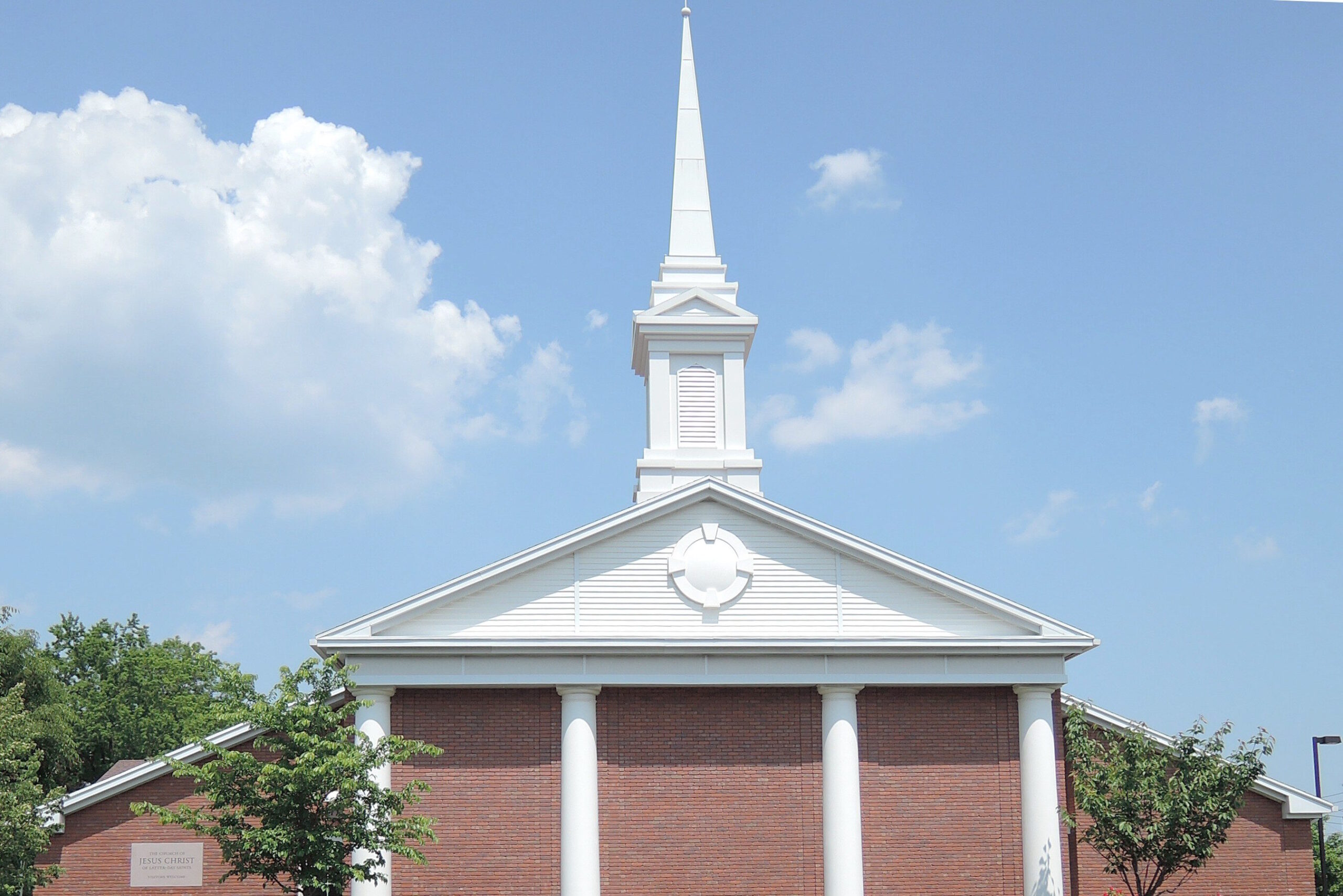
Ervil LeBaron, the self-proclaimed prophet of a Mormon fundamentalist sect, believed in blood atonement and ordered the murders of anyone who challenged his authority—including family. He led his cult from Mexico but had a strong presence in the U.S., with followers spread across states like Texas and Utah.
He wrote his own scriptures and used them to justify violence. Even from prison, he sent out hit lists that resulted in real deaths. His children and followers continued the cycle long after his death. That kind of generational control goes beyond what most officials could ever hope to command.
